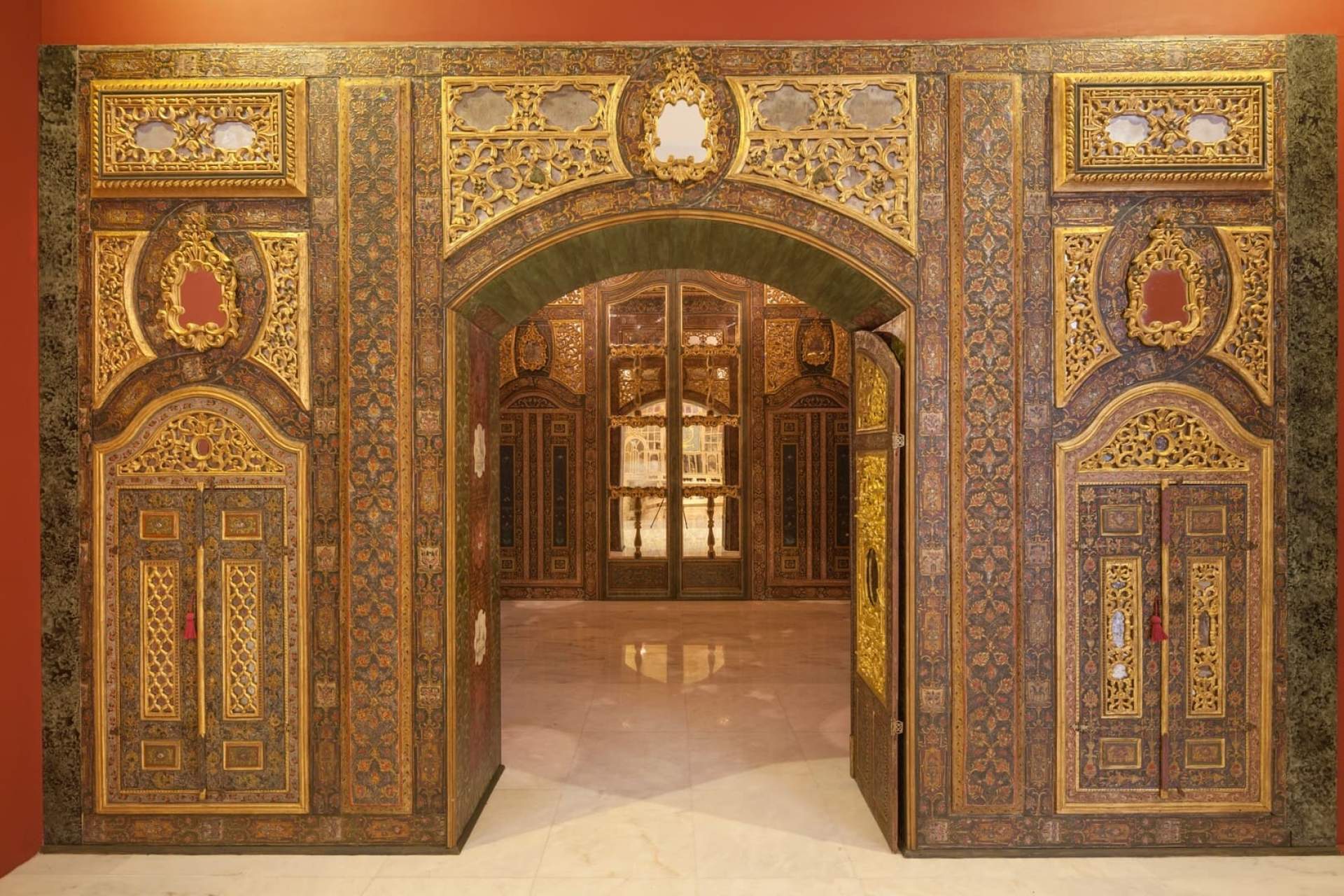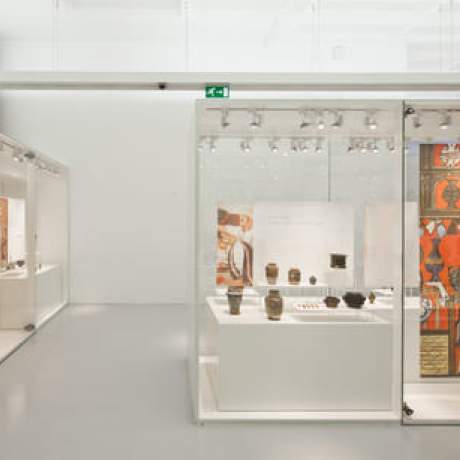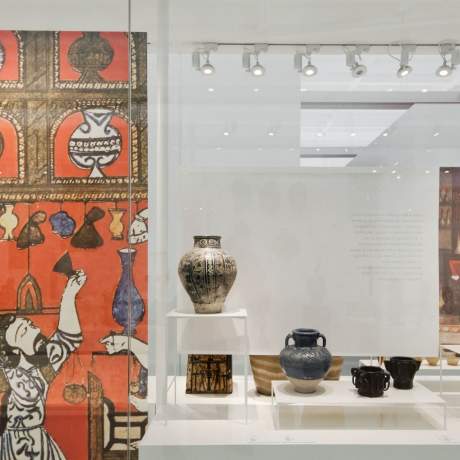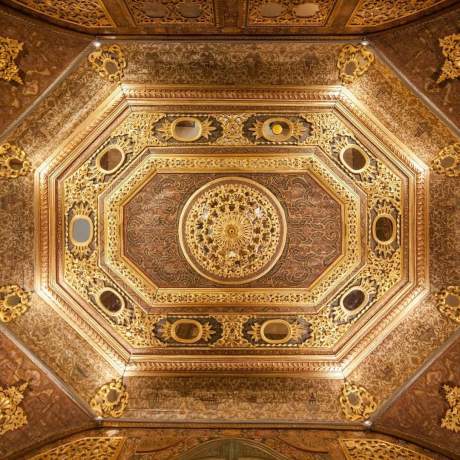
Pharmacy Museum
The Pharmacy Museum offers you an attractive and unusual journey through the Islamic civilisation's contribution to the history of health.
In the exhibition "The Arab World: Pharmacy Achieves Its Identity" we perceive the undeniable Arab contribution to the development of the pharmacist's identity, since the first pharmacy appeared precisely in Baghdad, in the 8th Century.
From treatises describing surgery to the storage of medicines, the Islamic legacy was also remarkable in the field of medicine. The introduction of new pharmaceutical forms, such as syrups, preserves or confections, which made use of sugar and honey, countered the idea that only bitter remedies were effective. Another important innovation left behind by the Muslims of Al Andaluz, which was perpetuated for many centuries in the Iberian Peninsula, were the special containers designed to better preserve and conserve medicines, a paradigmatic example of which is the Hispano-Moorish Albarelo from the 15th century, on show in the Museum's permanent collection.
In the Museum, you can also experience the Islamic Pharmacy, with its lavishly decorated façade and interior. This pharmacy, which originated in the Ottoman Empire, was part of a palace in Damascus in the 19th century - a city that, since the 11th century, has played a leading role in the development of the teaching and practice of pharmacy and Islamic medicine - and functioned as a teaching centre and apothecary, being organized into two areas: a medical-pharmaceutical library and an area dedicated to the preservation of medicines. The production of therapeutic substances was generally kept away from this space for safety and odour reasons.
This Islamic wealth, which was previously in England and which in 2015 came to enrich the Museum's collection, is a hymn to the promotion of the meeting of cultures that so characterises our country.
And while you're in Porto, don't miss a visit to the magnificent Arabic Hall of the Bolsa Palace inspired by the Alhambra Palace. Neo-Arabic in style, the Hall is recognised as the jewel in the Palace's crown, given the magnificent 19th century stuccoes with gold captions and arabesques that fill the walls and ceiling of the room, the work of Portuguese artists. The Arab Room is also the most important room for official acts in the city.
Address:
Rua Eng. Ferreira Dias 728
Phone:
Email:
Website:
Timetable:
Monday to Friday 10.00 - 18.00. Saturday 14.00 - 18.00. December 24th e 31st: 10.00 - 13.00
Closing day(s):
Sunday, bank holidays
Close
Search results for:
No results were found matching your search.
Information available soon.





